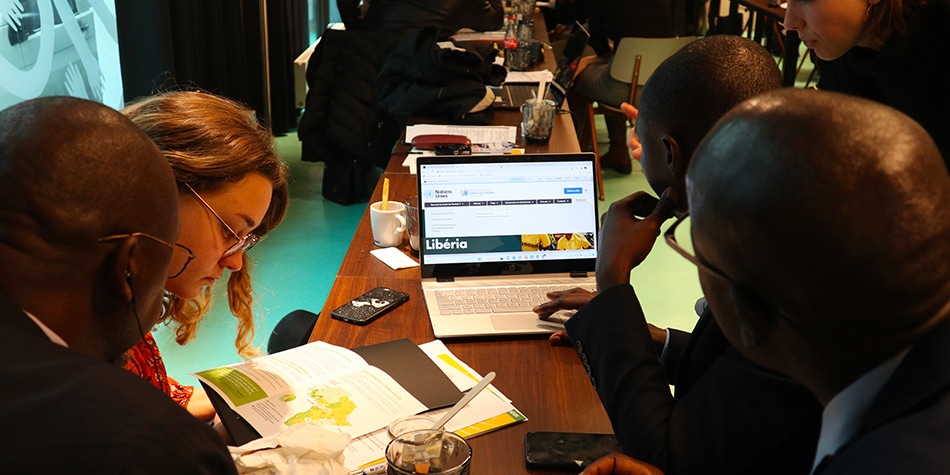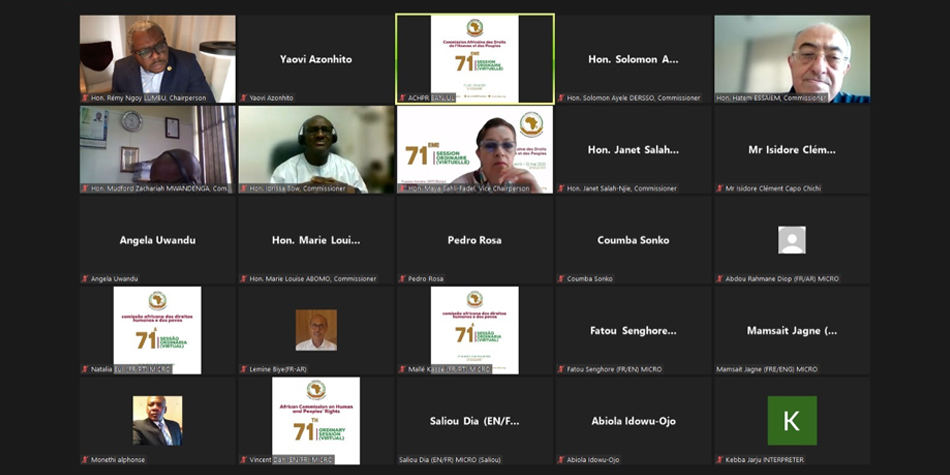
The death penalty in the DRC: an illusory means of combating impunity in the face of human rights implementation
Africa
The Democratic Republic of the Congo (DRC) is one of the States which has retained the death penalty in its legal arsenal, although applies a de facto moratorium on executions since 2003.
This suspension of executions lasted 20 years, until March 2024, when the country decided to resume hanging civilians and shooting military personnel convicted of certain crimes committed in wartime, under a state of siege or emergency, during a police operation to maintain or re-establish public order, or in any other exceptional circumstance.
The suspension of the moratorium was decided at the 124th ordinary meeting of the Council of Ministers held on 09 February, 2024, and made public in the circular note of the Minister of Justice and Keeper of the Seals, dated 13 March, 2024. Long before this, a few Congolese officials were already calling for the moratorium to be lifted in an attempt to address the security situation in the east of the country. In 2022, during the 8th World Congress against the Death Penalty, the Congolese Minister for Human Rights declared in his speech: “[…] most of the States that have abolished the death penalty were living in a situation of peace […], which is not the case for DRC, which has been living for over three decades in a situation of war of aggression imposed on it by neighboring States […]”. Additionally, the suspension of the moratorium for a period of two years had already been proposed by the Governor of North Kivu Province, in his press release published on 13 September, 2016.
Indeed, the security situation that has prevailed for over two decades in the eastern part of the country, as well as acts of terrorism and urban banditry resulting in human death, are all reasons used by the authorities for the reinstatement of the death penalty in DRC. In this sense, the moratorium’s failure to enforce the death penalty was seen as a guarantee of impunity, according to the circular note of 13 March, 2024. Clearly, the death penalty is a weapon in the fight against impunity and insecurity in DR Congo.
Yet, at a time when the country is facing the challenge of applying justice to the cases of serious human rights violations documented in the “Mapping Report” of the Office of the United Nations High Commissioner for Human Rights, for the period 1993 to 2003, the death penalty, still present in the Congolese penal code, continues to serve as a reason for certain States not to extradite suspects on their territory to ensure that justice is done.
Furthermore, in view of the commitments made under national, regional and international legal instruments, the DRC is formally limited in its choice of means to combat both insecurity and impunity. Articles 16, 61 and 33 paragraph 5 of the Constitution establish the right to life and the right not to be subjected to torture as non-derogable rights, notwithstanding reason, which the State is supposed to protect in all circumstances. The intransigence of these constitutional provisions makes all the difference with the country’s former 2003 Constitution, which stipulated in Article 15 that “No one may be deprived of life or liberty, except in the cases provided for by law and in the forms it prescribes”. These fundamental legal guarantees are also contained in the provisions of articles 6 and 7 of the International Covenant on Civil and Political Rights and articles 4 and 5 of the African Charter on Human and Peoples’ Rights.
In the implementation of these international legal instruments, the “sovereignty of the Congolese State” and its corollary of “non-interference” are limited by the right of oversight exercised by the treaty bodies for the promotion and protection of human rights. To this end, in the context of the review of reports carried out by the Human Rights Committee to monitor the implementation of the International Covenant on Civil and Political Rights (ICCPR) provisions on the right to life and the prohibition of torture, on the occasion of the third cycle of the Universal Periodic Review in 2019, recommendations and observations were made to the DRC to rapidly give effect to the provisions expressing the Government’s intention to abolish the death penalty, to transform the de facto moratorium into abolition of the death penalty, and to ratify the Second Optional Protocol to the ICCPR.
Undoubtedly, the lifting of the moratorium on death penalty executions represents a setback to an achievement that already safeguarded, albeit precariously, the right to life of human beings condemned to cruel, inhuman and degrading punishment in DRC. However, given the weaknesses of the Congolese justice system, the fight against impunity and the implementation of human rights in DRC calls for an improvement in judicial action and the strengthening of the Congolese penitentiary system. This would involve setting up specialized chambers capable of judging all the past crimes documented in the UN’s Mapping Report to date, without applying the death penalty, in line with international criminal policy under the Rome Statute of the International Criminal Court and the human rights requirements binding on the DRC. It goes without saying that the Congolese state should also fight preventively against urban banditry resulting in death, rather than waiting for the commission of these crimes before punishing them.
Respect for human rights in the fight against insecurity and impunity for crime is both an obligation of the Congolese state and a necessary condition for an effective anti-crime strategy.
Me Olivier LUNGWE FATAKI is a member of the South Kivu / Democratic Republic of Congo Bar and an abolitionist activist with Pax Christi Uvira asbl, member of the World Coalition Against the Death Penalty. He holds a Master 2 degree from Nantes University in International and European Fundamental Rights Law.
Categories
Democratic Republic of the Congo






